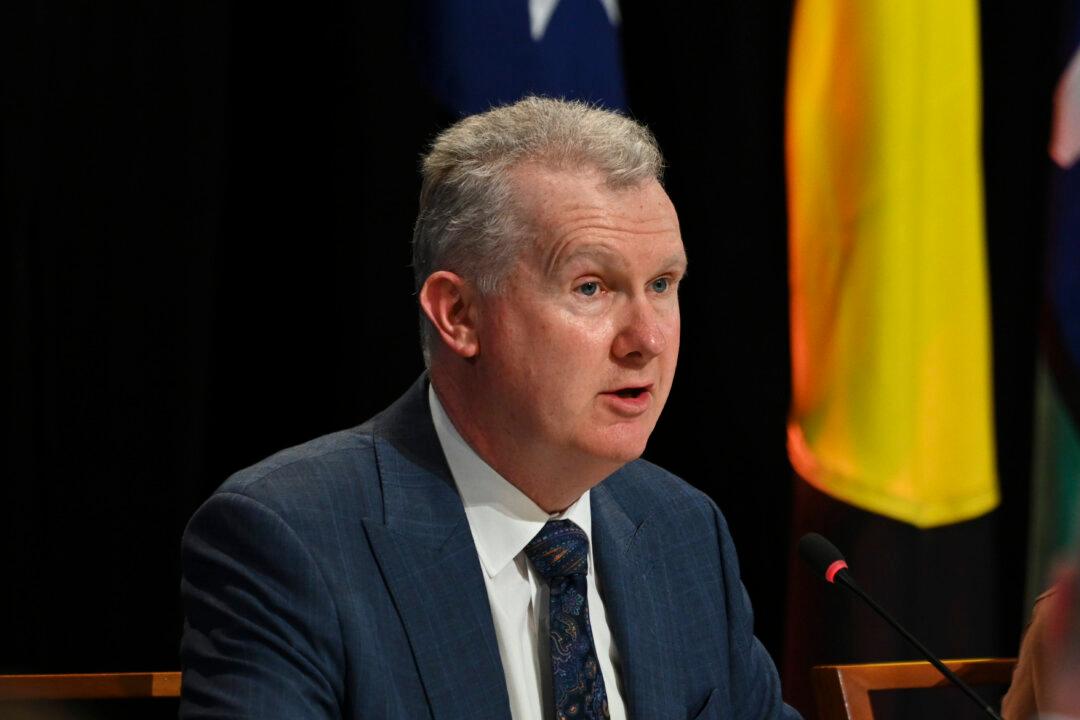Digital platforms such as Airtasker are not necessarily exempt from Labor’s new gig worker protections, with the workplace relations minister confirming the test will be applied to the type of work, not the platform itself.
Workplace Relations Minister Tony Burke said the industrial umpire would be looking for workers who satisfied its “employee-like” definition rather than making calls platform by platform.





